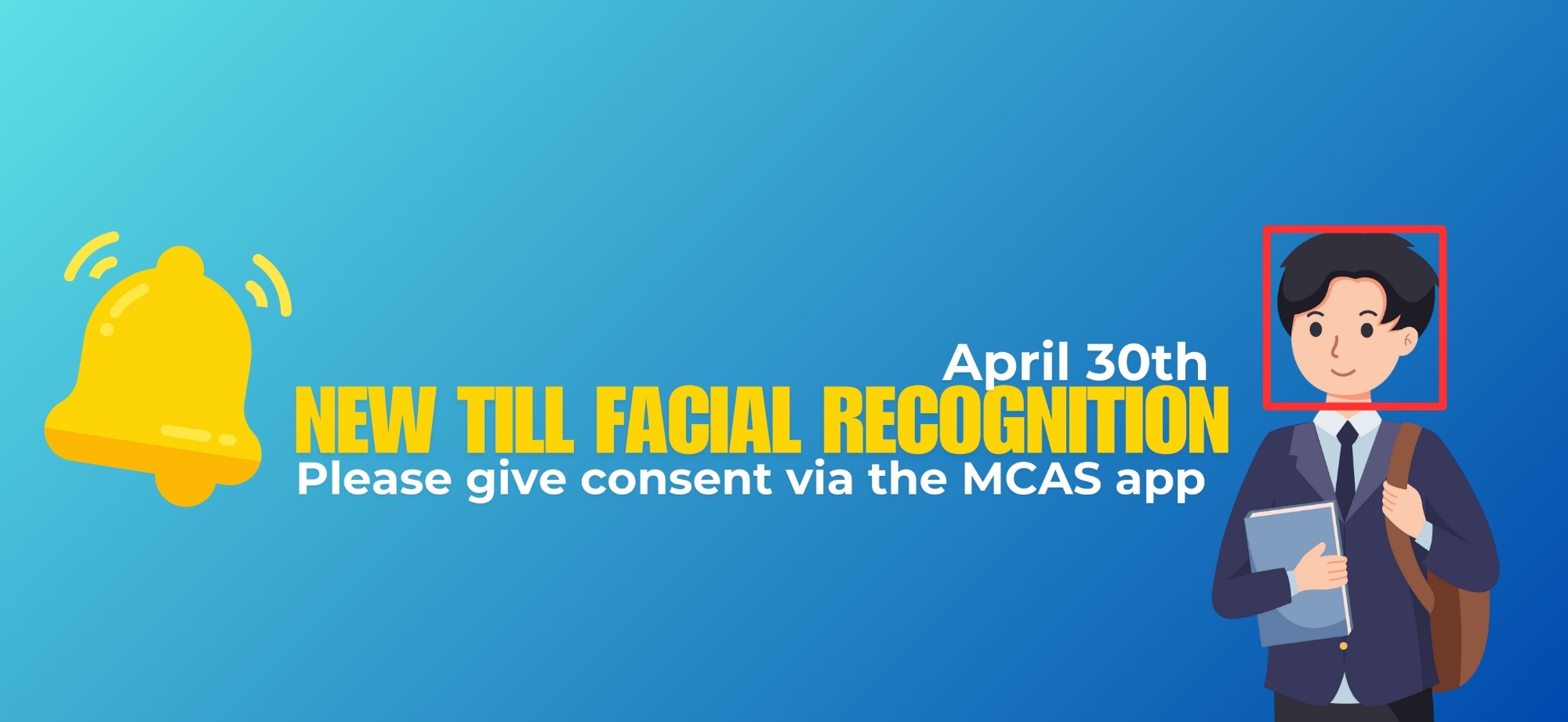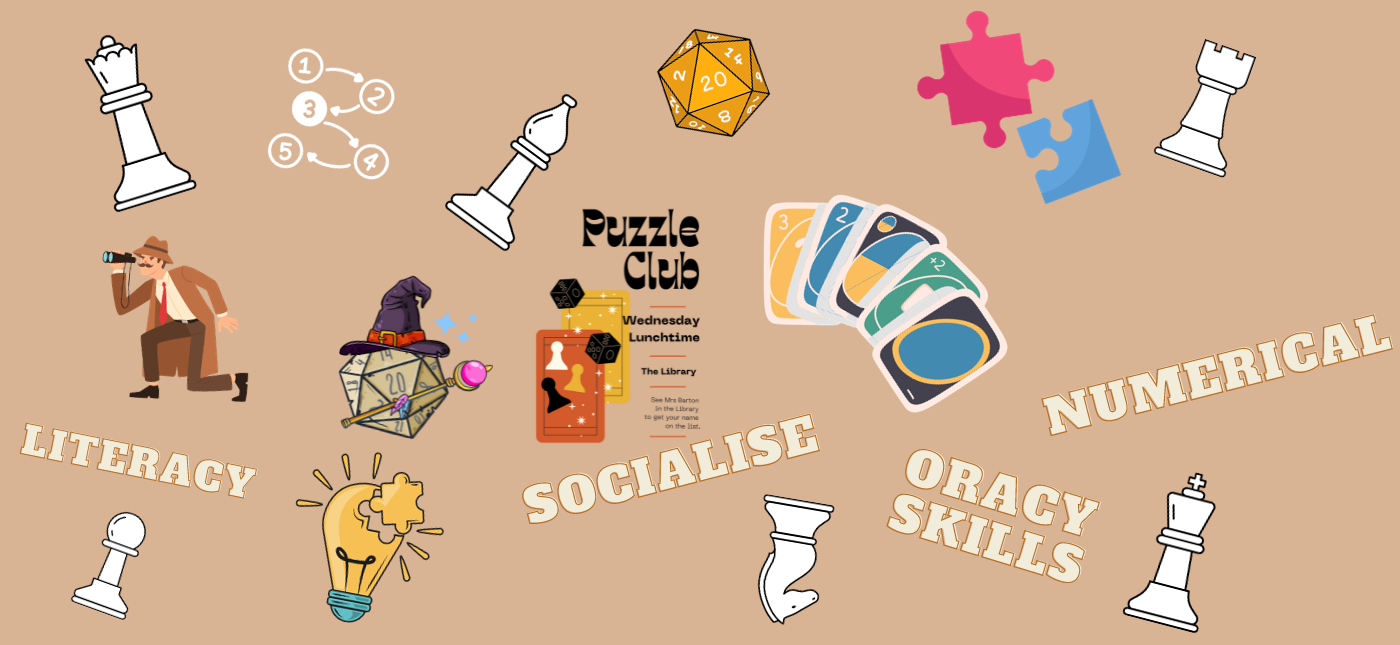GCSE Specification
Qualification: GCSE Geography B
Level: 1 & 2
Exam Board: Eduqas
What you learn about:
Geography GCSE is a subject that helps students understand the world around them—its people, places, and environments. It builds skills in analysis, decision-making, and critical thinking, making it a valuable subject for future study and employment. Geography links well with subjects such as Science, History, and Economics, and provides a foundation for further study in Geography A Level and beyond.
The course is designed to encourage students to explore real-world issues and investigate how our world is changing. Students will develop fieldwork skills and learn how to interpret maps, graphs, and data.
During the course, students will study:
-
Changing Places and Economies – How and why places develop, focusing on population growth, migration, and urban change in the UK and globally.
-
Environmental and Climatic Challenges – Topics such as climate change, extreme weather, and sustainability.
-
The Global and Local Environment – Includes physical landscapes like rivers, coasts, ecosystems, and resource management.
-
Geographical Skills and Fieldwork – Students will complete two pieces of fieldwork, developing their ability to collect and analyse data. They will also build core skills like map reading, interpreting graphs, and using statistics.
Assessment:
The course is 100% exam-based.
There are three written exam papers, all taken at the end of Year 11:
-
Component 1: Investigating Geographical Issues – A written paper covering key physical and human geography themes (1 hour 45 minutes, 40%).
-
Component 2: Problem-Solving Geography – A paper based on a real-world issue where students use their knowledge to make decisions (1 hour 30 minutes, 30%).
-
Component 3: Applied Fieldwork Enquiry – Based on fieldwork and geographical skills (1 hour 30 minutes, 30%).
Other Information:
Geography is part of the English Baccalaureate and is a respected academic subject. It helps students develop transferable skills such as data analysis, communication, and decision-making—skills valued by employers and universities alike.
Geography is a gateway subject for careers in town planning, environmental consultancy, travel and tourism, logistics, education, and international development, among others.
See the full information here.



















